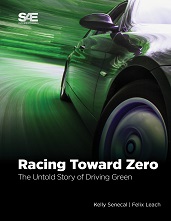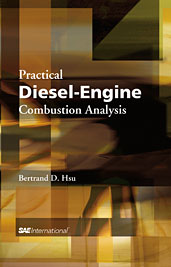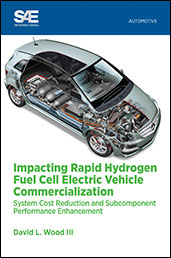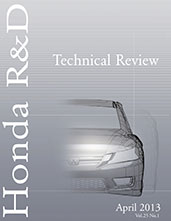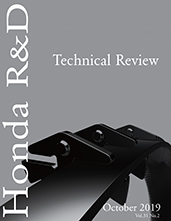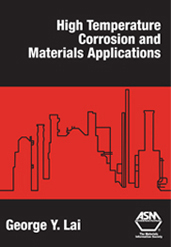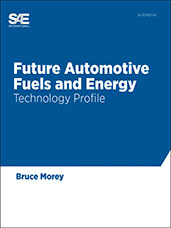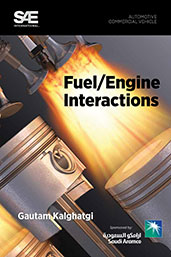Book

The World's Most Significant and Magnificent Aircraft
2000-07-21
Beginning with the earliest pre-flight designs, The World's Most Significant and Magnificent Aircraft provides exciting details of each plane's engineering, design, and flight accomplishments. Illustrated with pre-production diagrams and historical photos, the book is divided into seven parts representing the major stages of airplane development in a chronological order.


